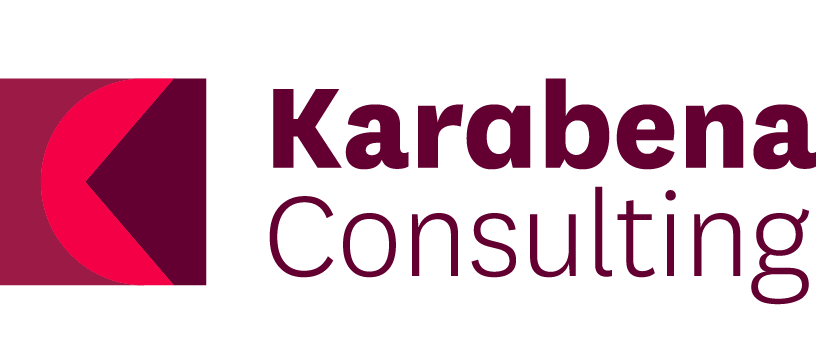Supporting Aboriginal and Torres Strait Islander Peoples Navigate Their Cancer Journeys
Cancer Council Australia
Who funded the project
The Digital Cancer Navigation Service is a national initiative led by Cancer Council Australia to improve access to high quality and culturally safe cancer information and support for all people affected by cancer, with a focus on priority populations.
Karabena Consulting was engaged by Cancer Council Australia to lead the First Nations component of the project, supporting the design and delivery of the service to ensure that the design and delivery of the service meets the needs of Aboriginal and Torres Strait Islander peoples through culturally appropriate and community-informed approaches. This included work to enhance the cultural responsiveness of Cancer Council’s 13 11 20 Cancer Information and Support Line for Aboriginal and Torres Strait Islander peoples.
Our methodological approach was a mixed-method design that combined research, consultation, and service review activities to inform the development of culturally safe cancer navigation services aligned with the principles of the Optimal Care Pathway. This included extensive desk-based research and a literature review, consultations with Aboriginal and Torres Strait Islander communities and health organisations, and jurisdictional audits of 13 11 20 services and digital platforms. Co-designed personas were developed to reflect user experiences and guide service design, alongside a review of national and international Indigenous cancer navigation models to inform best practice.
KCT delivered a landscape report to inform the development of culturally safe cancer navigation services for Aboriginal and Torres Strait Islander peoples. This work supported several key outcomes, including:
Raising national awareness of the need for culturally governed cancer navigation
Identifying actionable reforms to embed cultural safety into the 13 11 20 Cancer Information and Support Line
Strengthening recognition and support for Aboriginal and Torres Strait Islander navigators
Supporting alignment with national reconciliation and equity goals
The landscape report included practical recommendations to guide the phased implementation of service improvements and to support the integration of culturally safe practices across cancer navigation services.
Summary
The project aimed to:
design a culturally safe, community-informed cancer navigation model integrated within the 13 11 20 platform
improve access and outcomes for Aboriginal and Torres Strait Islander peoples navigating cancer services
embed cultural governance, Indigenous workforce support, and trauma-informed practice into mainstream service delivery
Project Aims
Our methodology relied on the use of Indigenous research and Western methodologies. Key elements included:
Extensive desk-based research and literature review including national and international Indigenous cancer navigation models
use of semi-structured, open-ended interview questions
Co-designed personas to represent user experience and guide service design based on Optimal Care Pathway (OCP) principles
Methodologies
Outputs
The key output of this project was a comprehensive Landscape Report: Supporting Aboriginal and Torres Strait Islander Peoples to Navigate Their Cancer Journeys.
The report was further broken down into a series of targeted summary reports, each addressing specific focus areas:
Understanding Service Users: Persona Development for a Culturally Safe Cancer Navigation Service
Aboriginal and Torres Strait Islander Consultations to Inform the Design of a National Cancer Navigation Service for Cancer Council Australia
Implementation Considerations: Trauma-Informed Intake Systems, Indigenous Workforce Development, and Referral Pathways to Aboriginal Community Controlled Health Organisations (ACCHOs)
The review showed that, with strong partnerships and ongoing improvements, 13 11 20 can become a national example of culturally safe cancer support for Aboriginal and Torres Strait Islander peoples.
Project outcomes included but were not limited to:
Increased awareness of the need for culturally safe, Aboriginal and Torres Strait Islander-led cancer navigation
Strengthened visibility of Aboriginal identity across call handling, branding, and digital platforms
Systems change by integrating Indigenous governance, data sovereignty, and healing-informed approaches into national service design
Recognition and elevation of the role of Aboriginal Health Workers, peer navigators, and Elders in cancer care
Project Outcomes
#self-determined #OptimalCarePathway #CancerNavigation
